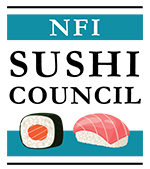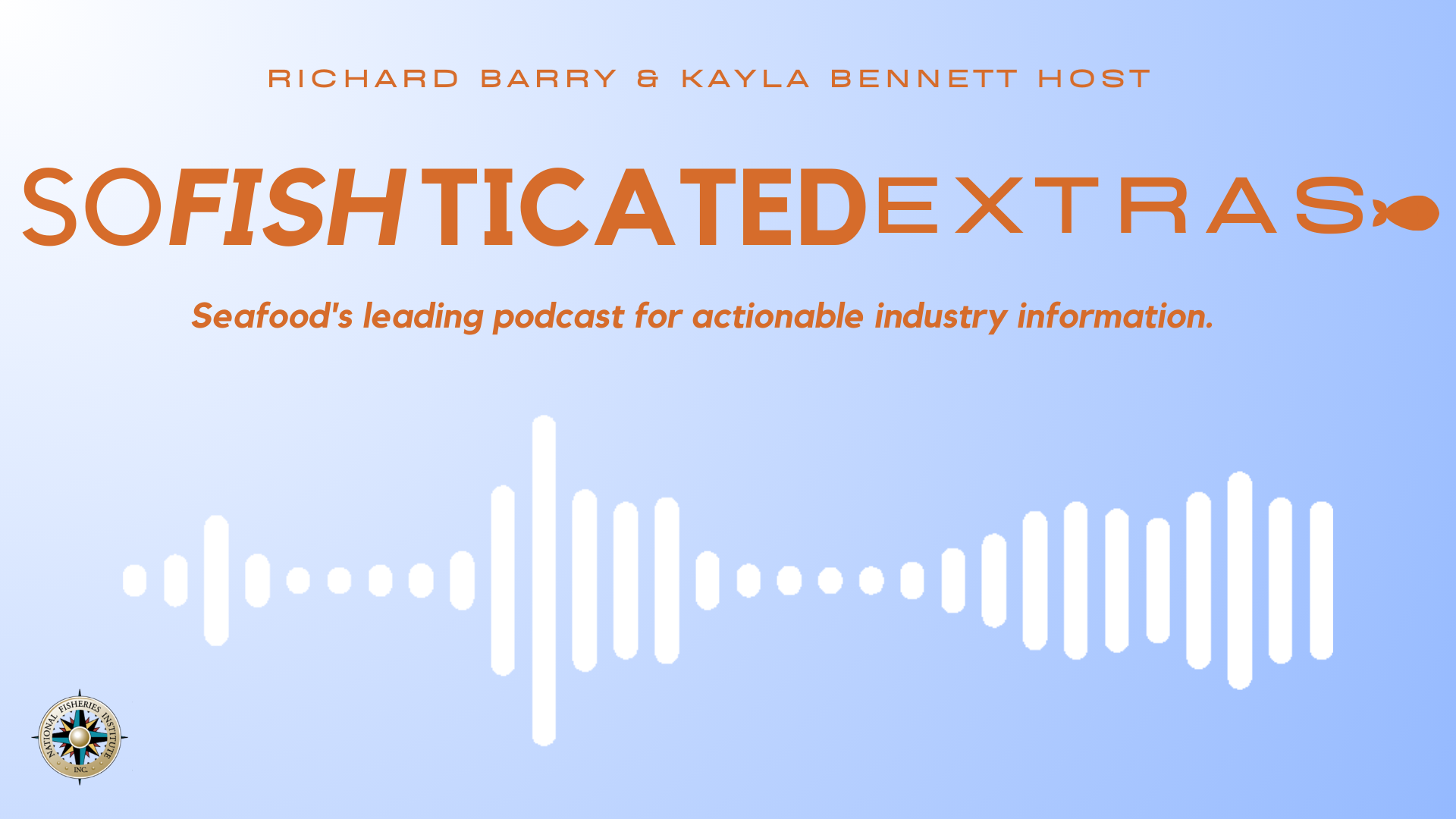MEDIA ALERT
Beware of the Biased Claims of the Zero Mercury Working Group
The environmental activist organization, Zero Mercury Working Group (ZMWG) hosted a webinar yesterday, December 4th, to present the findings of two studies that have not been (or could not get) published in a peer-review journal. This should be a red flag to any journalist considering their assertions and health conclusions.
In fact, ZMWG states explicitly in their press release, their yet to be published papers are timed to influence final UN negotiations in January 2013 about global mercury emissions standards.
Unfortunately, the information presented by ZMWGs panel of biological conservationists including Edward Groth, PhD and David Evers, PhD has nothing to do with the safety of commercial seafood in the global diet. Rather, their aim is to manufacture fear, mobilize activists and generate media coverage for policy purposes.
Leveraging the presumed credibility of reporters and outlets to advance an agenda is nothing new; the tragedy here is the human health cost because families are mislead into believing eating fish is risky business and the wrong choice will cause them harm.
This perception could not be further from the truth.
The Facts
1) Americans Should Be Eating More Seafood, Not Less
- Seafood deficiency is a serious public health challenge in the United States. Fish makes up only seven percent of the protein we eat in the U.S., while the 2010 U.S. Dietary Guidelines, the basis for all government eating programs, recommend 20% of the protein we eat should be seafood.
- The FAO/WHO has reported on the heart- and brain-health risks of skipping fish and a Harvard study has estimated 84,000 people die annually due to omega-3 deficiency. The FDA estimates that just a 10 percent drop in the already low amount of fish men and older women eat would result in 4,000 additional heart disease and stroke deaths per year.
- The medias confusing messages not only ignore but perpetuate this serious deficiency in the American diet, particularly pregnant women who will take a better safe then sorry approach to eating when confronted with conflicting information. Currently pregnant women eat less then one serving of fish a week when compared with U.S. and global health organizations recommendations to eat 2 to 3 servings of fish a week for health brain and eye development for their babies.
2) The Debate Over the Risks and Benefits of Seafood Is Over
- The Dietary Guidelines for Americans clearly states: health benefits from consuming a variety of seafood in the amounts recommended outweigh the health risks associated with methyl mercury, a heavy metal found in seafood in varying levels.
- Emerging science shows selenium levels in ocean fish form a bond that protect against harm from mercury.
- Major media outlets including The Washington Post have conceded that eating more seafood is better than less in an article headlined, Eat more fish; risks overstated.
3) The ZMWG Panel Ignores the Negative Impacts of their Environmental Crusade on Pregnant Women and Families
- Ned Groth is an anti-mercury activist who is willing to ignore contradicting facts in order to advance an agenda. In a recent publicity stunt during September and back to school timeframe, he told the venerable Food Chemical News that survey work on tuna in school lunches was based on anecdotal evidence from a friends grandson in New Jersey.
- The Zero Mercury Working Group is an activist organization that tries to influence public policy in the United States through biased research masquerading as science. Its U.S. affiliate, the Mercury Policy Project (MPP), is on the forefront of propagating misleading and outright false information about mercury and seafood.
- Seafood consumption has dropped in the U.S. to only 15 pounds a year vs 110 pounds for red meat and 73 pounds of poultry and at a ten-year low despite the U.S. governments call for Americans to add more fish to their diets.
For more than 60 years, the National Fisheries Institute (NFI) and its members have provided American families with the variety of sustainable seafood essential to a healthy diet. For more information visit: www.AboutSeafood.com.
Contact Information
Gavin Gibbons
(703) 752-8891
ggibbons@nfi.org


